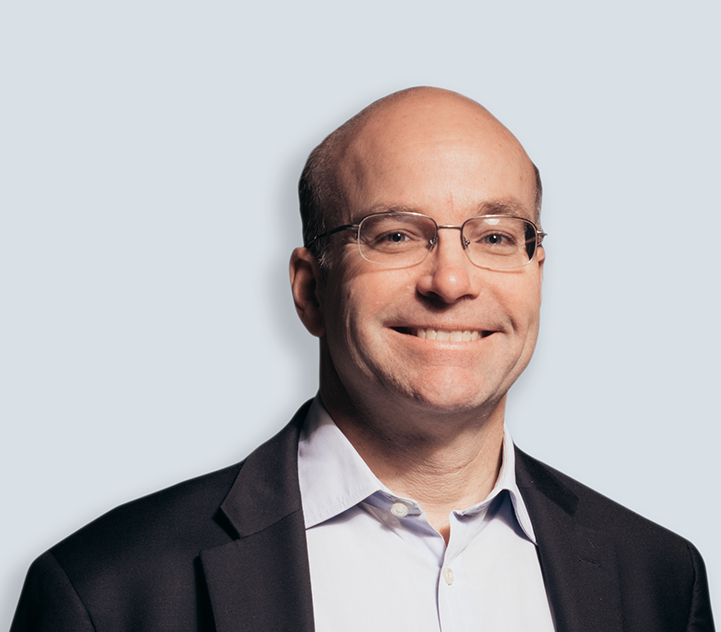
Teens in American high schools aren't drinking, dealing drugs or having sex nearly as much as their parents' generation.
Why it matters: Teen angst looks a lot different today than it did in the '90s — in some cases for the better. Smaller family sizes, the internet boom and a spike in youth anxiety have all played a role, according to researchers.
- American parents are generally spending more of their attention on fewer kids and there is a growing expectation that kids attend college. This closer monitoring of parents and high standards for securing a spot at a top university gives less room for the typical risk behavior of the past, according to a new study by Jean Twenge, a professor of psychology at San Diego State University.
- Technology also likely plays a role, although the trends began before the popularization of the internet. Smartphones have shifted social interactions online rather than in person. It's also introduced a new perfectionist culture of carefully curated lives viewed through social media, Tracy Dennis-Tiwary, a professor of psychology and neuroscience at the City University of New York, told Axios.
- But the trends are also likely a product of teenagers' high levels of anxiety — which lead to less risk taking, Dennis-Tiwary said.
- Studies, surveys and psychologists have found this extreme anxiety stems from pressures to perform academically, uncertain financial futures, impending climate change, publicized mass shootings and pressure to craft a perfect image on social media.
The big picture: We're living longer, and young people are growing up more slowly these days. They're delaying the responsible things, too: driving, jobs, dating, marriage, babies. ...
- "We're really seeing the extension of all the life stages: the extension of childhood, the extension of young adulthood, the extension of middle age and the extension of senior citizens," Helen Fisher, an anthropologist at The Kinsey Institute and chief scientific advisor to Match.com, told Axios last month.

